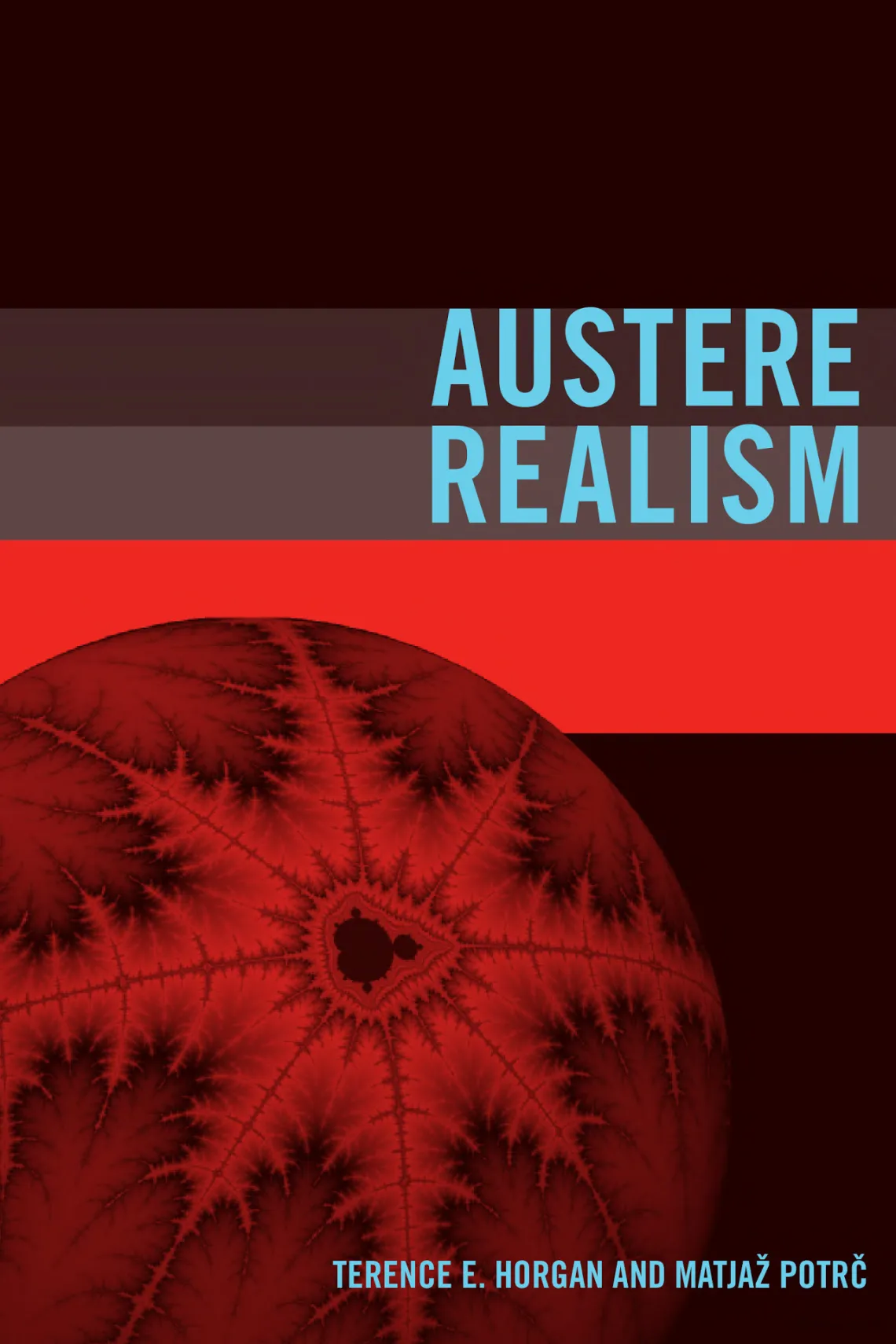
From the publiser:
The authors of Austere Realism describe and defend a provocative ontological-cum-semantic position, asserting that the right ontology is minimal or austere, in that it excludes numerous common-sense posits, and that statements employing such posits are nonetheless true, when truth is understood to be semantic correctness under contextually operative semantic standards. Terence Horgan and Matjaz Potrc argue that austere realism emerges naturally from consideration of the deep problems within the naive common-sense approach to truth and ontology. They offer an account of truth that confronts these deep internal problems and is independently plausible: contextual semantics, which asserts that truth is semantically correct affirmability. Under contextual semantics, much ordinary and scientific thought and discourse is true because its truth is indirect correspondence to the world. After offering further arguments for austere realism and addressing objections to it, Horgan and Potrc consider various alternative austere ontologies. They advance a specific version they call “blobjectivism”—the view that the right ontology includes only one concrete particular, the entire cosmos (“the blobject”), which, although it has enormous local spatiotemporal variability, does not have any proper parts.
The arguments in Austere Realism are powerfully made and concisely and lucidly set out. The authors’ contentions and their methodological approach—products of a decade-long collaboration—will generate lively debate among scholars in metaphysics, ontology, and philosophy.
Reviews:
“Austere Realism is original, and written in a lucid style. Even a reader who disagrees with the authors’ philosophical views will be sympathetic with, and benefit from their way of developing and defending these views. This book provides a serious challenge to a number of widespread fundamental tenets and positions and thus will give rise to discussions, thereby fostering progress in the entire field.”
—Maria E. Reicher, Institut fuer Philosophie, Austria
“Though Horgan and Potrc's ontological conclusions are radical, their reasoning is impeccable and comes with a good dose of reflection on the best way of choosing an ontology. This book is an important contribution to the growing literature in metametaphysics.”
—Josh Parsons, Philosophy Department, Otago University

